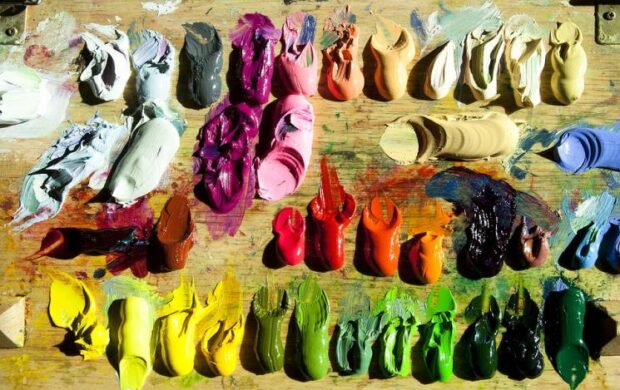In our topic hub on the future of shipping, we’re asking who the future captains of the sea will be, as augmented reality brings new possibilities for control.

In early 2014, Rolls Royce, together with VTT Technical Research Centre of Finland, released a concept video visualising what might be possible in a future where virtual reality bridges replace traditional seafaring controls.
The technology even has the potential to improve upon the “real life” experience, increasing a captain’s situational awareness through visual augmentation that allows them to “see through objects on the deck for an unobscured view at the surrounds”.
DHL released a report “Augmented Reality in Logistics” later in the year, which predicted that the Augmented Reality (AR) market will grow to $5.2 billion by 2017, up from a mere $181 million in 2011. Already the company is thinking of implementing wearable headsets that could optimise the picking process in warehouses. As the first generations of augmented reality are installed and tested, experts believe that sophisticated versions will appear within the next 15 years.
Image credit: Misguided_photo / Flickr












